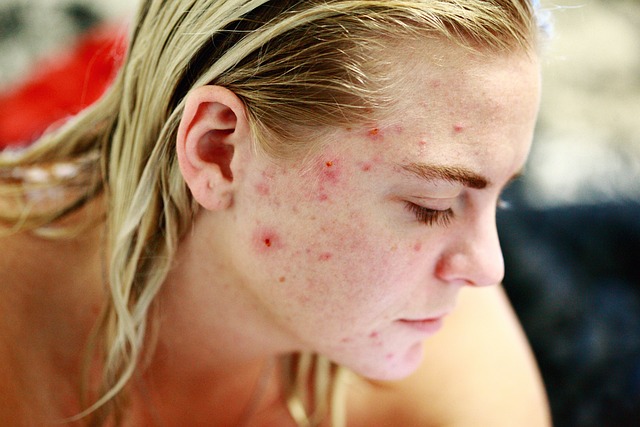5 Simple Guidelines For Your Successful Acne Skin Treatment
Feb 29, 20240 Comments

Acne is a common skin condition that affects millions of people worldwide. It can be frustrating and have a negative impact on one's self-esteem. However, with the right treatment and care, it is possible to achieve successful acne skin treatment. In this blog post, we will discuss five simple guidelines that can help you in your journey towards clear and healthy skin.
1. Use Topical Therapies
One of the most effective ways to treat acne is by using topical therapies. These are medications that are applied directly to the skin. According to the Acne clinical guideline by the American Academy of Dermatology, several topical therapies have been recommended for the treatment of acne. These include:
-
Benzoyl peroxide: This ingredient helps to kill the bacteria that cause acne and reduce inflammation.
-
Topical retinoids: These medications help to unclog pores and promote the turnover of skin cells, preventing the formation of new acne lesions.
By incorporating these topical therapies into your skincare routine, you can effectively target acne and improve the overall appearance of your skin.
2. Combination Therapy for Moderate Acne Vulgaris
If you have moderate acne vulgaris, a combination therapy approach may be recommended. The Acne Vulgaris Treatment Guidelines from the American Academy of Family Physicians suggest that the first-line treatment for moderate acne vulgaris includes a combination of benzoyl peroxide and a topical antibiotic such as erythromycin or clindamycin. This combination helps to address both the bacterial component and the inflammation associated with acne.
It is important to consult with a dermatologist or healthcare professional to determine the most suitable combination therapy for your specific condition.
3. Retinoids for Maintenance
Once your acne is under control, it is essential to maintain the results and prevent future breakouts. According to the Acne Management Guidelines by the Dermatological Society of, retinoids are recommended for maintenance. Retinoids help to regulate cell turnover, prevent the formation of microcomedones (the precursor to acne lesions), and keep the skin clear and healthy.
Incorporating a retinoid product into your skincare routine can help to maintain the progress you have made in your acne treatment.
4. Avoid Long-term Antibiotic Use
While antibiotics can be effective in treating acne, they are not recommended for long-term use. The Acne Management Guidelines by the Dermatological Society of state that antibiotics do not prevent the development of microcomedones and should not be used for maintenance. Prolonged antibiotic use can lead to antibiotic resistance and disrupt the natural balance of bacteria on the skin.
It is important to follow the guidance of your healthcare professional and use antibiotics only as prescribed.
5. Individualized Treatment Approach
Every individual's skin is unique, and what works for one person may not work for another. Therefore, it is crucial to adopt an individualized treatment approach for acne. The Guidelines of Care for the Management of Acne Vulgaris emphasize the importance of tailoring treatment to the specific needs of each patient.
Consulting with a dermatologist or healthcare professional can help you develop a personalized treatment plan that takes into account your skin type, severity of acne, and any underlying factors that may contribute to your condition.
In conclusion, successful acne skin treatment is achievable by following these five simple guidelines. Incorporating topical therapies, considering combination therapy for moderate acne vulgaris, using retinoids for maintenance, avoiding long-term antibiotic use, and adopting an individualized treatment approach can help you on your journey towards clear and healthy skin.
Remember, patience and consistency are key in treating acne. It may take time to see results, but with the right approach and guidance from healthcare professionals, you can achieve the clear skin you desire.
